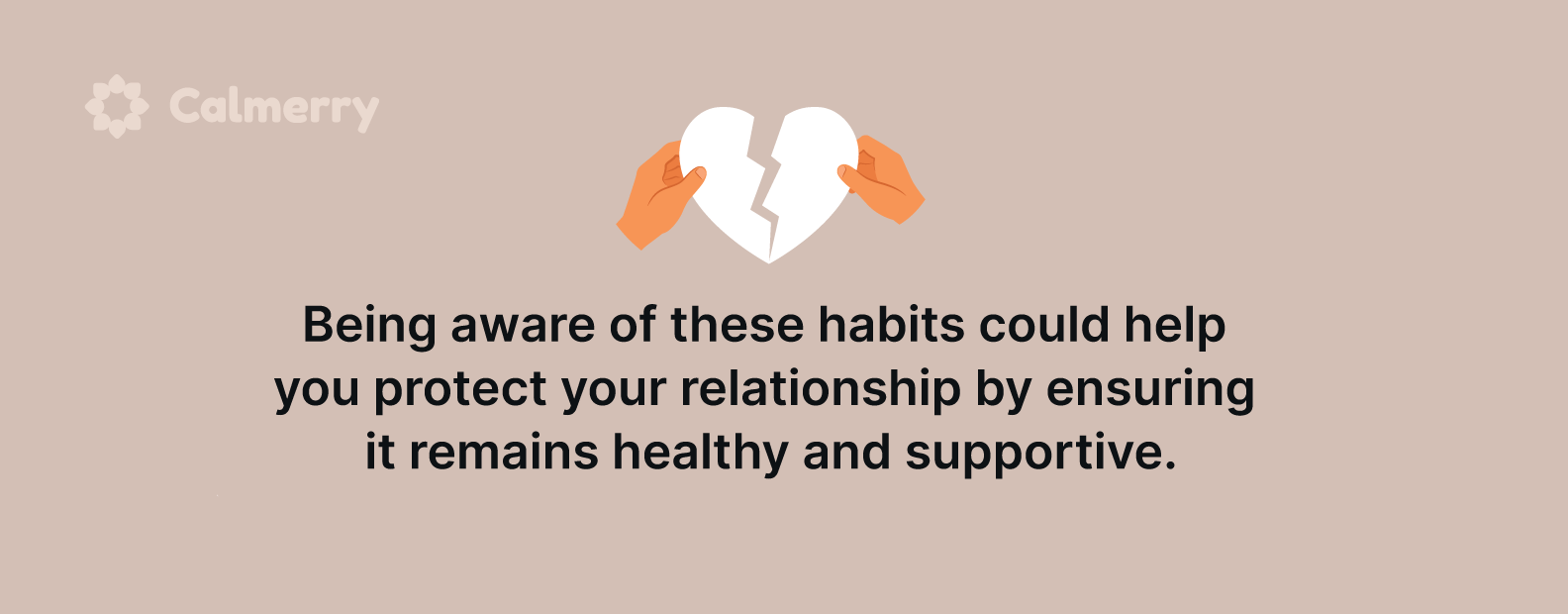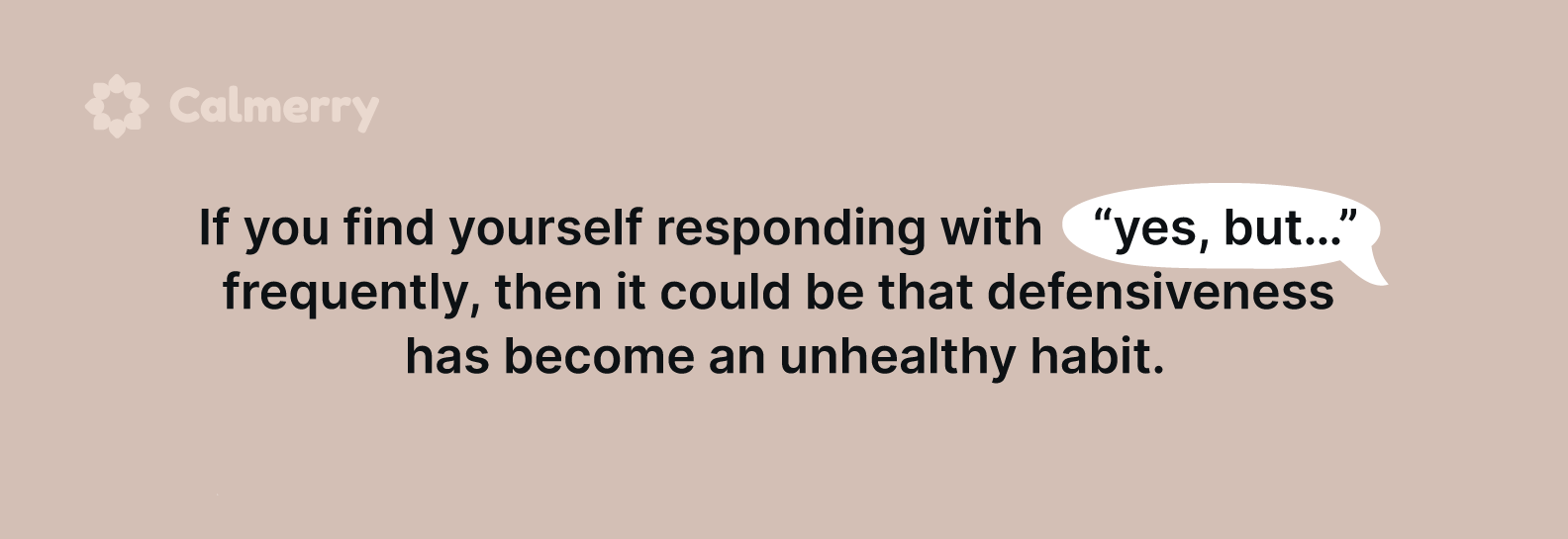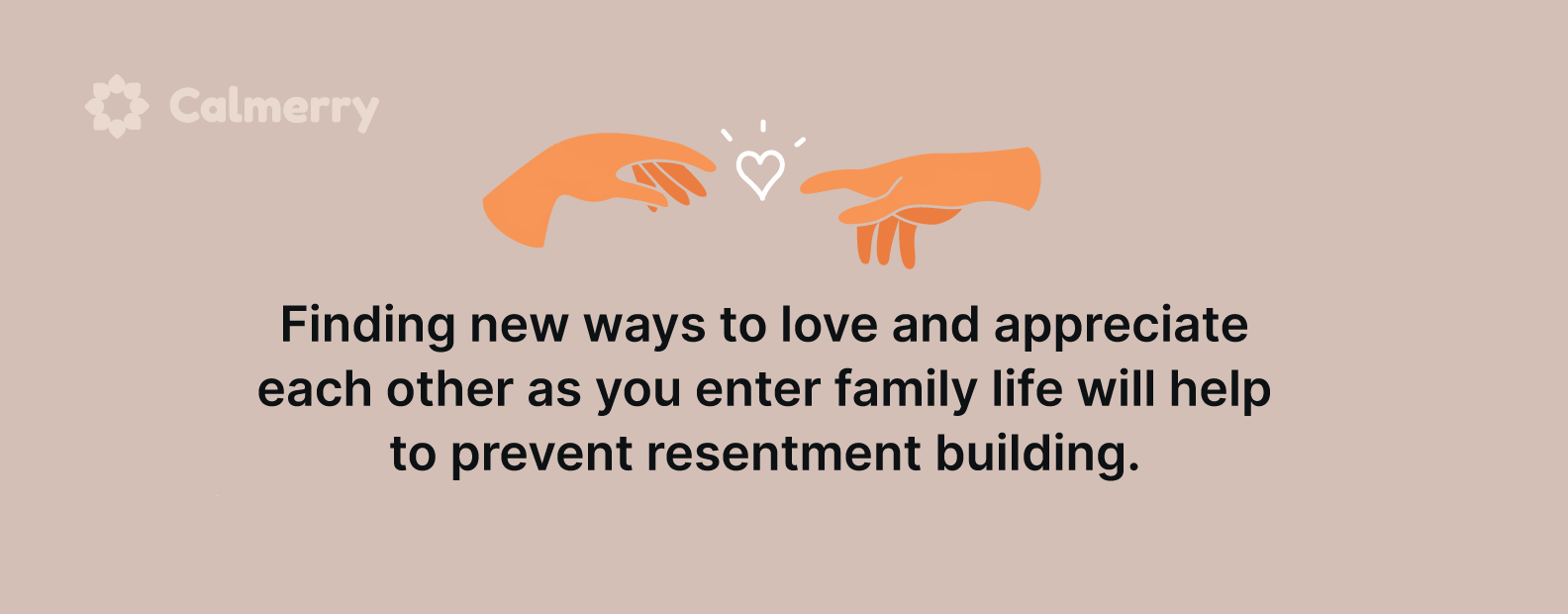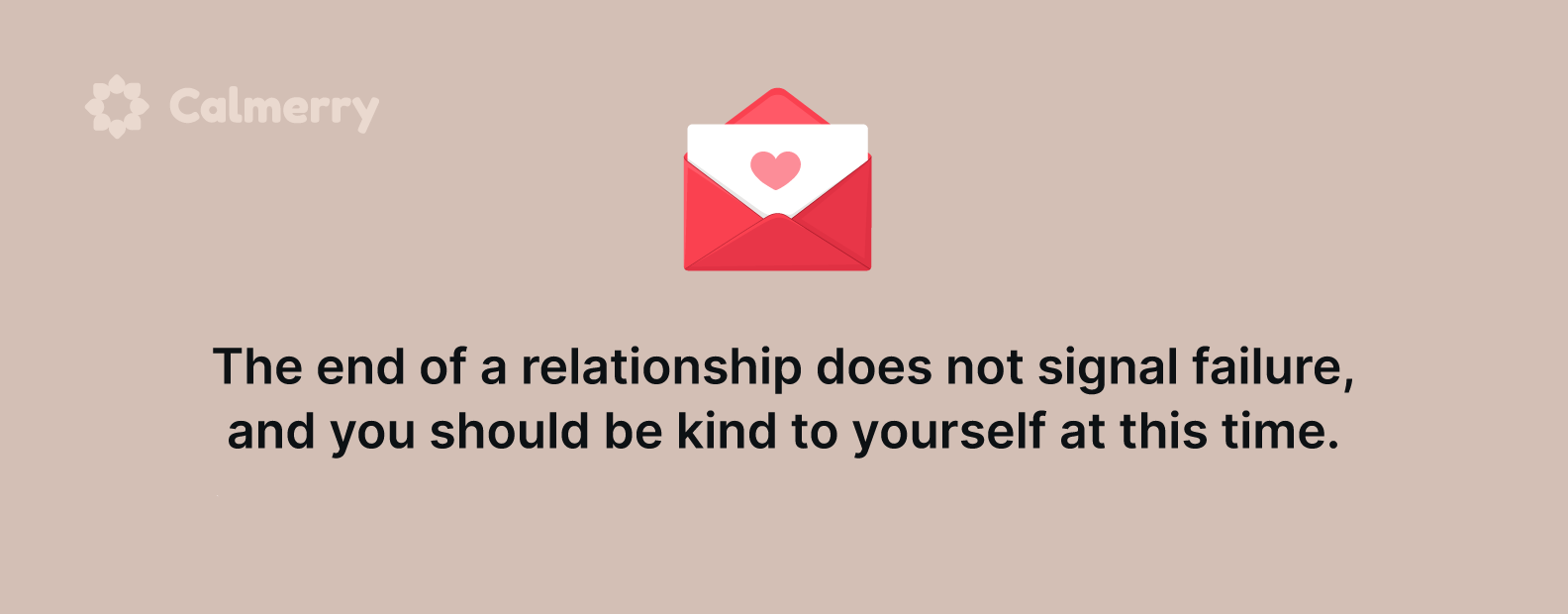10 Relationship Habits That Increase the Chances of Divorce

In this article
We all have our strengths and weaknesses, and all marriages have their ups and downs. But researchers have found that there are some relationship habits and behaviors that can increase the chances of divorce.
In this article, we will look at the traits of unhealthy relationships and the most common reasons for divorce so that you can identify if there is anything in your relationship you need to change.
How common is divorce?
You may be surprised to learn that divorce rates in the US are declining. In 2019, there were 7.6 divorces per 1,000 women aged 15 and over. This was down from 2009, when there were 9.7 divorces per 1,000 women in the same age bracket.
The sociologist Philip Cohen analyzed divorce trends in the US between 2008 and 2017 and agreed that the rate of divorce was declining. He also confidently predicted that the rate would continue to fall.
Cohen speculated that the falling rates could be due to more individuals completing higher education and couples being older when they marry, both of which are known to reduce the odds of divorce.
Why do people get divorced?
A study in 2013 reported a list of the main reasons given for divorce. From the most frequently cited to the least, individuals gave the following reasons as contributing or leading to their divorce:
- Lack of commitment
- Infidelity or an affair outside of the marriage
- Unbearable conflict or arguing
- Getting married too young
- Money worries or financial difficulty
- Substance misuse or addiction
- Domestic violence
- Ill health
- No support from family
- Differences in religious beliefs
- Lack of education about marriage beforehand
Although the above reasons given for divorce might seem formal or serious, there are also everyday unhealthy habits that can quickly start to have a big impact on how happy your marriage feels.

The Four Horsemen of the Apocalypse
In the 1990s, John Gottman described four types of conflict behaviors that are destructive for relationships. He dubbed these behaviors the “Four Horsemen of the Apocalypse.” The four forms of conflict Gottman identified were:
- Criticism
- Defensiveness
- Contempt
- Stonewalling
Based on Gottman’s work, a later study by Craig Fowler and Megan R. Dillow argued that identifying precursors to these behaviors was vital to preventing a relationship from breaking down.
The researchers also noted that your attachment style could predict whether you are likely to enact the conflict behaviors that could increase the chance of your relationship ending. For example, this sadly means that those with a fear of abandonment could be at greater risk of behaving in a way that will increase the chance of a breakup.
The good news is that recognizing the traits of the Four Horsemen of the Apocalypse and other harmful relationship habits will enable you to begin modeling healthier behaviors that will nourish your marriage.
10 relationship habits that could increase the chances of divorce
John Gottman’s four forms of conflict behaviors will put your relationship at risk. In this section, we will look more closely at the negative behaviors identified by Gottman, and other habits that can threaten marital harmony to increase the chances of divorce.
Criticism
Constant criticism in a marriage creates a downward spiral of ill-feeling. You and your partner are supposed to be each other’s supporters, and if support is replaced by criticism, your relationship could be at risk.
If you find yourself being critical, or being criticized, it’s time to have an open conversation with your spouse about what could be sitting behind this unhappiness.
Defensiveness
Defensiveness is not a healthy sign in a marriage. Feeling defensive, or acting defensively, could mean that you feel under attack from your partner, or even that you don’t want to take responsibility for your own imperfections.
Some couples find that disagreements follow a familiar pattern of one person raising a concern, and the other countering it with a concern of their own without addressing what has already been said.

Contempt
If there is contempt in a relationship, then one or both of you believes you are superior to the other. This is incredibly worrying, as an equal relationship only occurs if there is respect, kindness, and an appreciation of each other.
Being hostile, rolling your eyes, engaging in mocking behavior, or any other form of psychological attack is a form of emotional abuse that can quickly lead to anxiety or depression.
If you notice contempt, this is a serious threat to the longevity of your relationship and your well-being. If you want to save relationships, you should work hard under the guidance of a therapist to find respect for each other to stop contempt from driving you apart.
Stonewalling
Those who want to avoid conflict may stonewall their partner by withdrawing communication. This is a form of shutdown sometimes known as “the silent treatment.” It can also involve physically removing oneself from a situation by leaving a room, the house, or an event.
Stonewalling sadly leads to disconnection and distance within the relationship. It can be incredibly frustrating for the partner who is shut out.
Some people will avoid conflict when they are overwhelmed by emotions. In this case, verbalize the overwhelm so that one or both of you can calm down. Then, continue the discussion later to try to reach a resolution.
Lack of commitment
If you went into your relationship full of energy and adoration for someone but then let your enthusiasm dwindle, your partner will likely see this as a lack of commitment. Being distracted, no longer booking in date nights, or spending more time with your friends, can all allow distance to creep in between you.
Consider whether you are truly still committed to your marriage. If you are, then you must work on showing your commitment. If not, then you will need to reflect upon why this is before deciding what you should do about it.
Losing yourself after children
There is no denying that starting a family will change you as an individual and put new pressures on your relationship. Some parents find that they throw themselves wholeheartedly into their new role at the expense of their spouse. Quality time as a couple may be lost, and you may no longer have the energy to chat, enjoy meals together, or have sex.
Ring-fencing quality time for you and your partner remains vital. If you do not have access to a babysitter, you can still have a romantic dinner at home once the children are in bed. If your partner is exhausted, you can take the kids out so that they can lie in at the weekend.

Unwise spending
Money is often a contentious issue. Excessive spending, hiding debts, or keeping your finances separate can lead to disharmony within a couple. Try to keep an open dialogue regarding money. If a purchase or financial decision affects you both, you should agree on it together.
Ignoring your health
When you were single, you might have found the time to eat healthily, exercise regularly, and fit in some mindfulness or meditation. Marriages or long-term relationships can lead many people to relax and get comfortable. This might mean spending every evening on the couch, neglecting exercise, or ordering take-out too often.
When we fail to keep ourselves healthy, or worse, ignore health concerns, we may become a different person from the one our partner thought they were marrying. This can lead to dissatisfaction or even contempt.
Struggling with family issues
A lack of support from your family, or family disagreements, can have a significant impact on your relationship. Your parents can affect your marriage if they do not approve of your relationship, and conflict with your siblings or extended family can add pressure to the two of you, too.
Family tensions can have a deep impact on your relationship, and individual circumstances will need to be managed in different ways.
Talking openly with your spouse about family issues, and supporting each other wholeheartedly, will help your relationship to remain strong.
Appearing available
A healthy relationship is built on trust. If one of you is in the habit of appearing single or available, it can breed suspicion, resentment, jealousy, or anger. Removing your wedding ring, flirting, or acting as if you are single is a habit that you certainly don’t want to develop.
If you are in a relationship, you need to be present and committed. If the relationship doesn’t feel quite right, take steps to address this rather than pretending you are carefree and single.
Straying into infidelity or an extra-marital affair is a huge risk factor for a marriage breakdown. It is almost always advisable to cut off all communication with the other party and work through your feelings about your marriage before doing anything else.
Coping with divorce
If a relationship or marriage is no longer working, you may find yourself thinking about breaking up or getting divorced. Although it is a very painful process, those who are in unhappy relationships may also see leaving marriage as a positive step.

There are many reasons for divorce, and your coping mechanism may depend on whether you feel that divorce is the right decision or if you are desperately disappointed that your marriage is ending. It is possible to feel a combination of both.
You will need to take steps to manage the practicalities of divorce and to look after your physical and emotional well-being. This might include:
- Being kind to yourself and telling yourself that you have not failed
- Giving yourself time to grieve for the relationship
- Remembering that the emotional rollercoaster is normal
- Booking in-person or online therapy on Calmerry to address your emotions, concerns, and questions in a safe place
- Considering couples counseling to work through the breakdown with your ex
- Eating healthily and getting enough sleep
- Leaning on friends and family to help you
- Using mindfulness or meditation to relax
- Writing in a journal
- Finding a good family lawyer
- Seeking help from your doctor if you think you are experiencing anxiety, depression, or any other health consequences from the separation
- List your outgoings and income to get your finances in good order.
Final thoughts
Certain behaviors can threaten the security of your marriage. Recognizing these behaviors and taking steps to address them is key to increasing the happiness and security you feel in your relationship.
Gottman’s Four Horsemen of the Apocalypse (criticism, defensiveness, contempt, and stonewalling) are red flags for marital disharmony. Still, there are many more behavioral habits that can put your relationship at risk.
Perform an inventory of the behaviors you both exhibit and observe in your marriage to make sure both you and your partner support each other and act with respect, love, and kindness.
online therapy
live video session



